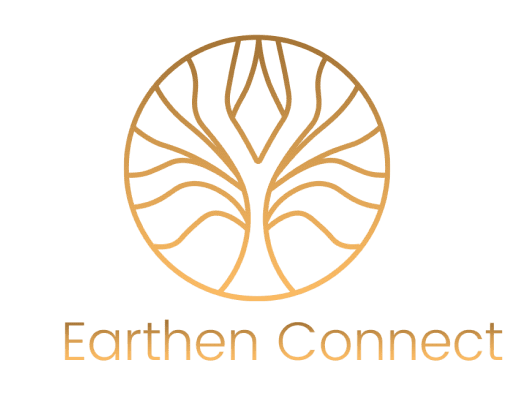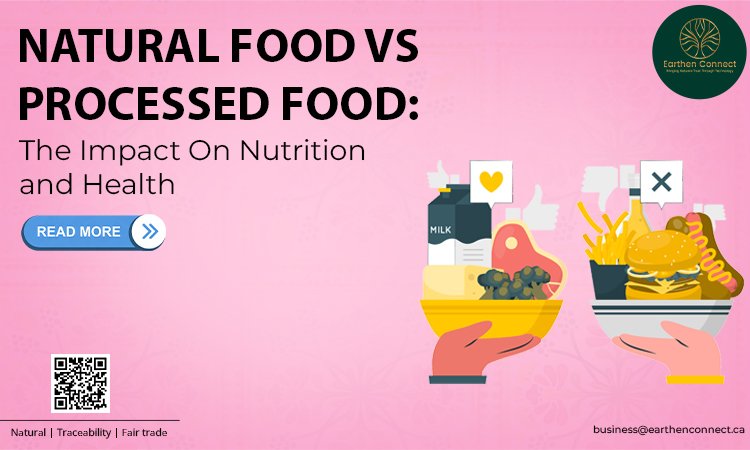The discussion over natural vs processed foods raises crucial issues concerning the impact of our dietary choices on general health. Consumers must understand the distinctions and repercussions of choosing one over the other so that people can make informed decisions about what to consume. This blog will deal with the differences between natural and processed foods and how they affect nutrition and health.
Natural Foods
Natural foods include fruits, vegetables, entire grains, nuts, seeds, and lean proteins. These foods are lightly processed and generally free of artificial ingredients. They are high in critical nutrients such as vitamins, minerals, fibre, and antioxidants. A diet rich in natural foods has various health benefits, including a lower risk of chronic diseases, improved digestion, and overall well-being.
Processed Foods
Processed foods undergo various changes during manufacturing. Moreover, preservatives, colorings, flavorings, and other chemicals, when added to food, alter its profile. These changes can reduce the nutritional value of the food, resulting in greater levels of salt, sugar, and harmful fats. Regular intake of processed foods increases the risk of obesity, cardiovascular disease, and other health problems.
Characteristics that Distinguish Natural Food from Processed Food
Nutrient Density:
Nutrient density is a fundamental aspect distinguishing natural foods from processed foods. Natural foods are naturally rich in nutrients, giving the body the fuel to function properly. Processed foods, on the other hand, may have lower nutritional density since beneficial components get removed during the manufacturing process.
Fibre Content
Fibre is essential for a balanced diet since it aids digestion, promotes satiety, and regulates blood sugar levels. Natural foods high in dietary fibre include fruits, vegetables, and whole grains. In contrast, many processed meals get depleted of fibre during processing. It contributes to constipation and an increased risk of overeating.
Impact on Health
Dietary choices have long-term repercussions that go beyond nutrition. According to research, a diet high in natural foods may reduce the risk of chronic diseases such as diabetes, heart disease, and certain types of cancer. In contrast, diets high in processed foods increase the risk of obesity, hypertension, and metabolic diseases.
Practical Tips for a Balanced Diet
Eat natural foods, including fruits, vegetables, whole grains, lean meats, and nuts.
Read food labels carefully to detect and avoid processed foods high in added sugars, salt, and harmful fats.
Cooking at home whenever feasible gives you control over the ingredients and cooking processes.
To avoid overconsumption of processed foods, keep portion sizes in mind, as they often contain more calories in smaller quantities.
Conclusion
The natural vs. processed food debate emphasises the value of attentive eating for overall health. While convenience is essential in today’s busy lives, prioritising natural, whole foods can impact nutrition and well-being. Finding a balance between convenience and nutritional content is critical for cultivating a healthy connection with food and developing a long-term approach to wellness.
Earthen Connect, the leading aggrotech company in Pune, leverage technology to offer authentic natural food products such as spices, honey, rice and seeds to maintain a healthy lifestyle. We work with local farmers dedicated to using natural agricultural practices. We also use food traceability and transparency to ensure consumers what they consume. Thus, choose Earthen Connect to adopt a healthy lifestyle.

